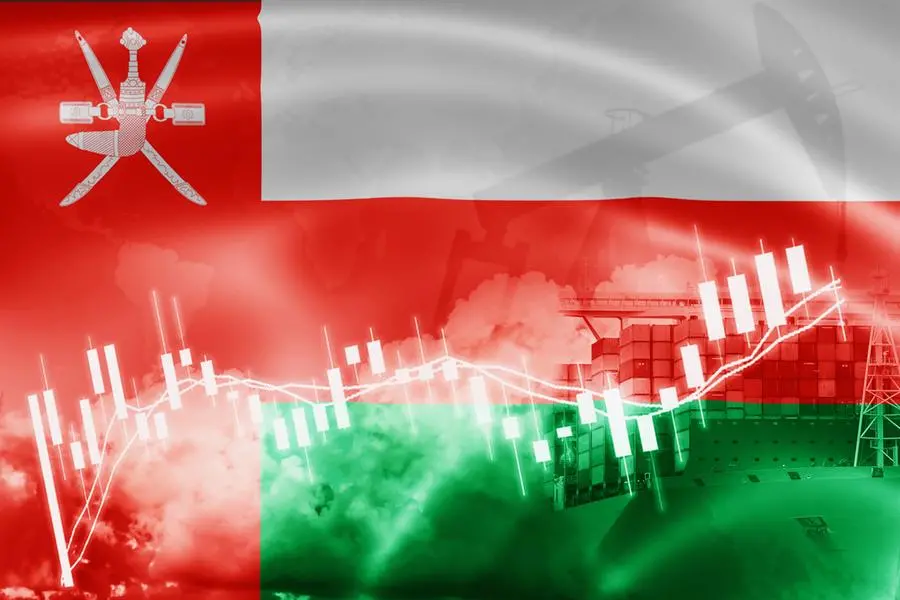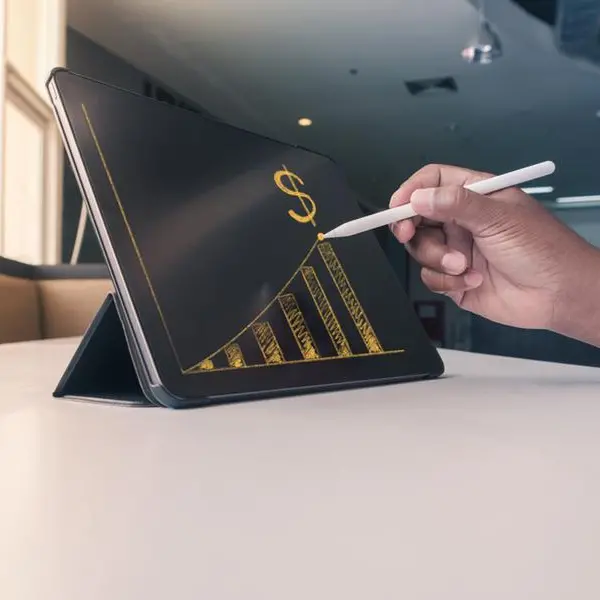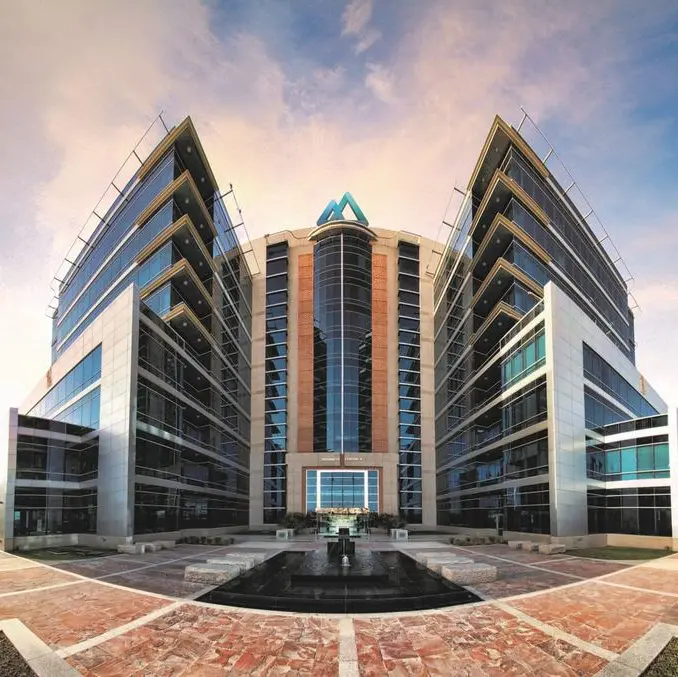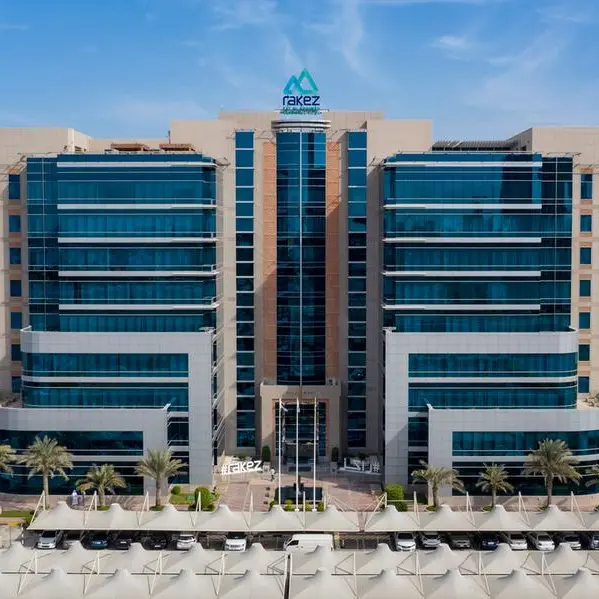PHOTO
Muscat – In efforts to enhance in-country value, Oman Investment Authority (OIA) has unveiled its Social Investment Policy, targeted at companies under its umbrella, and a portal called ‘Qimam’ for inquiries.
The announcement, made on Wednesday, marks a significant stride towards bolstering the Omani economy and supporting small and medium enterprises.
OIA also released the second edition of its mandatory list, expanding it to include over 100 additional local products and services. This update complements the initial list of 103 items, mandating OIA companies to prioritise local procurement.
Additionally, OIA-affiliated firms have committed over RO6mn in cooperation agreements and programmes designed to foster social investment and SME development.
Reflecting on 2023, OIA disclosed that its expenditure on SMEs surged to RO202mn from RO187mn in 2022, marking a growth of 4.5%. These efforts are in alignment with the Oman Vision 2040 objectives, which aim to transition towards a knowledge-based economy, nurturing a conducive environment for entrepreneurs and attracting cutting-edge technologies.
Sheikh Nasser al Harthy, Deputy President of Operations at OIA, emphasised the authority’s dedication to in-country value (ICV) since opening of a dedicated directorate two years ago for the purpose. “In 2023, we prioritised ICV governance and the launch of supportive programmes, alongside enhancing SME roles and ensuring compliance within OIA companies.
This year, we will advance these initiatives with the Social Investment Policy, the Qimam platform, and the updated mandatory list to promote local content, empower SMEs and activate the private sector,” stated Harthy.
The Social Investment Policy is designed to align social investment initiatives with the national priorities of Oman Vision 2040 and the needs of the local community. It outlines guidelines for OIA companies on project governance, stakeholder roles, and budget allocation, ensuring that investments are distributed sustainably and geographically diversified to benefit a wide segment of society.
The Qimam platform (https: //qimam.oia.gov.om/) aims to centralise all ICV-related inquiries, fostering better communication between OIA companies, SMEs, researchers and innovators. It’ll serve as a hub for feedback, challenges and suggestions, further facilitating the review and amendment of the mandatory list of local products and services.
OIA companies have signed agreements worth RO6mn to support social investment and SMEs. These include two accelerator programmes – the OQ Business Accelerator and the Asyad Business Accelerator in Logistics, in collaboration with Omantel, to bolster startup growth. Other notable initiatives include a cooperation agreement with the Ministry of Health to establish an emergency facility in Duqm by OQ, Asyad’s contracts with SME cardholders for various services, and Oman Airports signing six agreements for ground services.
These initiatives not only underscore OIA’s commitment to enhancing Oman’s ICV but also its resolve to foster a robust, sustainable, and competitive market for local goods and services, thereby catalysing national economic growth and development.
© Apex Press and Publishing Provided by SyndiGate Media Inc. (Syndigate.info).





















